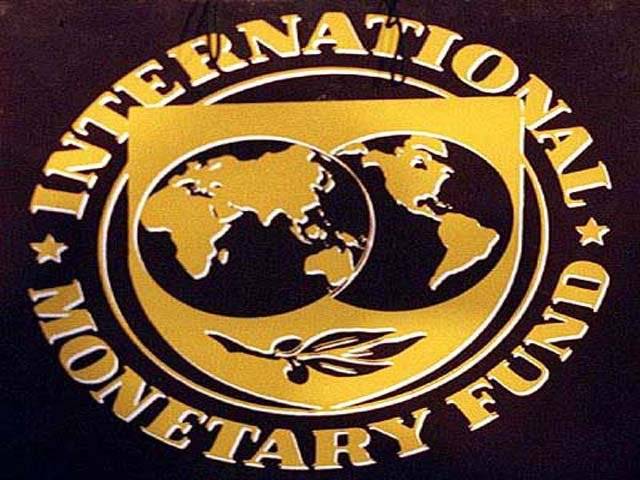The International Monetary Fund (IMF) has issued a stern warning to the debt-ridden Pakistan to take immediate measures to cut its spiralling budget deficit. According to the Wall Street Journal, a senior Pakistani government official said the international donor has written a letter to President Asif Ali Zardari, urging him for immediate fiscal belt-tightening measures as the country's economy is far worse than previously realised. IMF's representative in Pakistan Paul Ross declined to comment on the letter but said Pakistan needs at least 8-10 percent growth just to absorb the annual increase in its labour force and reduce poverty, the newspaper said. "It is extremely important for Pakistan to achieve higher growth to fight poverty and provide jobs for some two million people entering the job market every year," he said. Currently, Pakistan is under the burden of more than $53 billion foreign debt despite the repayment of over $6 billion in the last three years, Minister of State for Finance Hina Rabbani Khar informed the National Assembly last week. The IMF withheld $3.5 billion in 2010 from its total $11.3 billion loan package for Pakistan in a bid to pressure the country to take action. The IMF hasn't disbursed any loans to Pakistan since May, other than $450 million in IMF flood relief, and neither have other donors. The US has been trying to help the IMF pressure the Pakistani government to make changes. The Pakistan government has tried to convince donors to wave off its debt and provide more economic aid in exchange for help in the war in Afghanistan. The country called in the IMF in 2008 amid a balance-of-payments crisis. The fund's support was supposed to end Dec 31 but the IMF Monday extended the loan by nine months to give Pakistan more time to implement reforms. Pakistan's budget deficit is already 6 percent, above a 4 percent target, due to its failure to bring in a general sales tax and curb expenditures, which Pakistan had promised to the IMF in return for lending. Pakistan's ratio of tax to gross domestic product is below 10 percent and many of the nation's elite pay no tax at all. The US and IMF officials regularly point out to the Pakistani government that other countries with that level of taxation have frequently fallen into economic crisis. Only two million Pakistanis - mostly middle-class professionals and government workers - out of a population of 180 million pay tax. The IMF, the World Bank and their most influential members - the US, European countries and Japan - worry that unless Pakistan boosts tax revenue, its economy may unravel through escalating inflation. "The leaders are still not willing to take critical measures hoping that Washington would bail the country out," the senior government official said. Pakistan's $167 billion economy is lagging far behind other countries in the region. Growth is forecast by the government at 2.5 percent in the fiscal year through June 2011, compared with a 9.1 percent estimate for the current fiscal in India.
Tuesday, April 16, 2024
IMF warns Pakistan of budget deficit

Pride and hype as F1 roars back to China after Covid absence
10:36 PM | April 16, 2024
No let-up in Karachi street crime incidents
10:35 PM | April 16, 2024
Stock market today: Most of Wall Street weakens again as Treasury yields rise more
10:34 PM | April 16, 2024
Muslim K-popstar Daud Kim buys land to build mosque in South Korea
10:33 PM | April 16, 2024
Punjab Stadium unavailability derails National Challenge Cup 2023 Final Round
10:28 PM | April 16, 2024
Political Reconciliation
April 16, 2024
Pricing Pressures
April 16, 2024
Western Hypocrisy
April 16, 2024
Policing Reforms
April 15, 2024
Storm Safety
April 15, 2024
Democratic harmony
April 16, 2024
Digital dilemma
April 16, 2024
Classroom crisis
April 16, 2024
Bridging gaps
April 16, 2024
Suicide awareness
April 15, 2024
ePaper - Nawaiwaqt
Advertisement
Nawaiwaqt Group | Copyright © 2024





